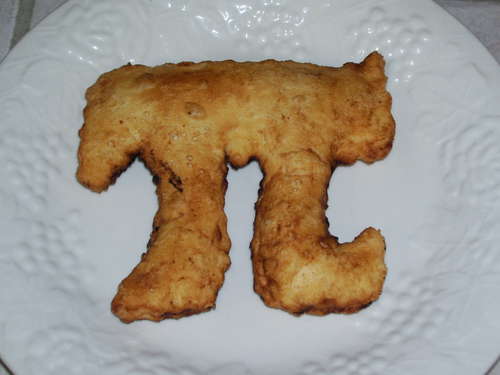NASA engineers have demonstrated the agency’s Orion spacecraft can land safely if one of its three main parachutes fails to inflate during deployment.
The test was conducted Feb. 12 in Yuma, Ariz., when the test capsule was dropped from an airplane 7.62 kilometers, or 25,000 feet, above the Arizona desert. Engineers rigged the parachutes so only two would inflate, leaving the third to flag behind.
To watch a video of the parachute testing, visit https://www.nasa.gov/exploration/systems/mpcv/chutetest_041812.html.
As NASA prepares Orion to take astronauts farther into space, take a look back at the recently ended shuttle program, and have your students track the linear regression of a space shuttle launch! Check out the launch video of shuttle mission STS-121, and then have them create a scatter plot from real launch data. “Linear Regression: Exploring Space Through Math — Space Shuttle Ascent” is a featured lesson on the NASA Explorer Schools Virtual Campus.

 March 14 is Pi day! That is, 3/14, and the NES lesson,
March 14 is Pi day! That is, 3/14, and the NES lesson,  NASA wants to launch a picture of you on the final space shuttle mission.
NASA wants to launch a picture of you on the final space shuttle mission.
 Be sure not to miss the March 6, 2013 episode of NASA Now, introduced by NES educator Erin Warrilow from Dresden Middle School, when three experts who work in very different fields at NASA discuss their jobs, responsibilities and what they enjoy most about their work. They also talk about what inspired them to pursue their careers and offer career advice to students.
Be sure not to miss the March 6, 2013 episode of NASA Now, introduced by NES educator Erin Warrilow from Dresden Middle School, when three experts who work in very different fields at NASA discuss their jobs, responsibilities and what they enjoy most about their work. They also talk about what inspired them to pursue their careers and offer career advice to students.